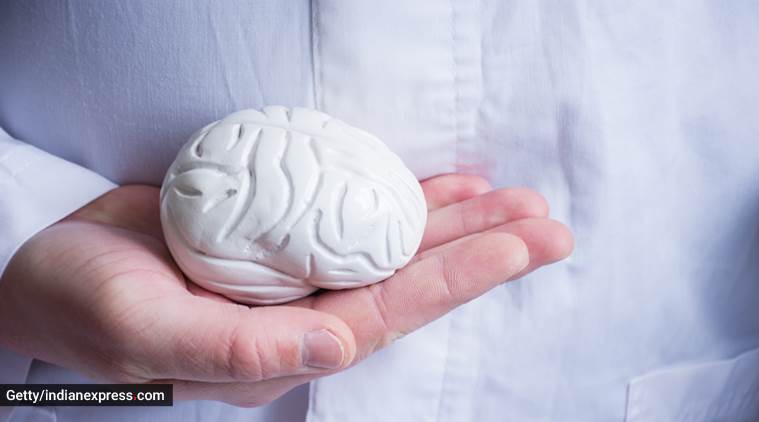📣 For more lifestyle news, click here to join our WhatsApp Channel and also follow us on Instagram
Effective hacks to increase your attention span
"Think of attention as a muscle—the more you work with it, the stronger it will be," said Vinaya Gore, chief psychologist and founder of Aatman Psychology Studio

Have you ever felt as if most things don’t hold your attention — that your mind wanders easily, you get bored, and also lose interest in the task at hand within minutes? Worry not, it’s not just you, we’ve definitely all been there at some point in time. Attention span refers to the amount of time a person can concentrate on a task or piece of information without being distracted. It can vary based on several factors such as age, task complexity, and individual differences. “The ideal attention span is not well-defined, but research suggests that the average attention span of an adult is roughly about 20 minutes when listening to a lecture or presentation, and it decreases to 8 seconds for digital content,” said Dr Samant Darshi, consultant psychiatrist, Psymate Healthcare & Yatharth Super-speciality Hospitals.
But why do some people have a limited attention span?
“Lack of sleep can lead to decreased alertness, fatigue, and difficulty concentrating. Constantly switching between tasks can reduce the ability to focus on one task, thus reducing attention span. Attention span tends to decline with age, especially in older adults and can be affected by mental health conditions such as ADHD, anxiety, depression, and stress. Substance use and abuse can also affect the brain and reduce attention span. A diet lacking essential nutrients can lead to decreased cognitive function and decreased attention span. It’s important to note that while these factors can contribute to reduced attention span, they are not always the only factors involved,” Dr Darshi elucidated.
Is there any solution?
According to Harvard Health, practicing mindfulness is the key to improving focus, as this technique is all about holding your attention to the present moment. Additionally, regular exercise and adequate sleep also help.
“When you exercise, you increase the availability of brain chemicals that promote new brain connections. And when we sleep enough, we reduce the harmful stress hormones that can negatively impact our attention span,” stated Harvard Health.
“Yes, practicing mindfulness can help improve attention span. Research shows that regularly engaging in mindfulness practices, such as meditation and deep breathing, can help to increase focus, reduce stress and anxiety, and increase brain activity in areas associated with attention and concentration. This can all work together to help individuals stay focused on the task at hand and improve their attention span over time. It’s important to remember that while mindfulness can be a powerful tool for improving attention span, it can also be beneficial to combine it with other strategies, such as limiting distractions and engaging in activities that energize the mind. With the right combination of practices, individuals can find the right balance to improve their attention span and overall cognitive functioning,” Dr Darshi added.
Agreeing, Vinaya Gore, chief psychologist and founder of Aatman Psychology Studio, said: “Think of attention as a muscle—the more you work with it, the stronger it will be. Practice mindfulness, and turn off technology. It’s difficult but extremely important to do; at least till the time you finish the job at hand.”
Sharing some remedies, Dr Rachna Khanna Singh, mental wellness expert at Artemis Hospital told indianexpress.com that drinking black tea may have a positive effect on attention span. “That is because black tea contains the amino acid called L-theanine, which affects the part of the brain responsible for attention. Another way to increase your attention span is by getting outside. Being exposed to nature has proven to improve focus. Taking a short break every 50 minutes is also a good idea, especially when you have too many things to do. But, go in a logical order with taking breaks, instead of trying to get them all done at once,” she added.
📣 For more lifestyle news, follow us on Instagram | Twitter | Facebook and don’t miss out on the latest updates!
📣 For more lifestyle news, click here to join our WhatsApp Channel and also follow us on Instagram